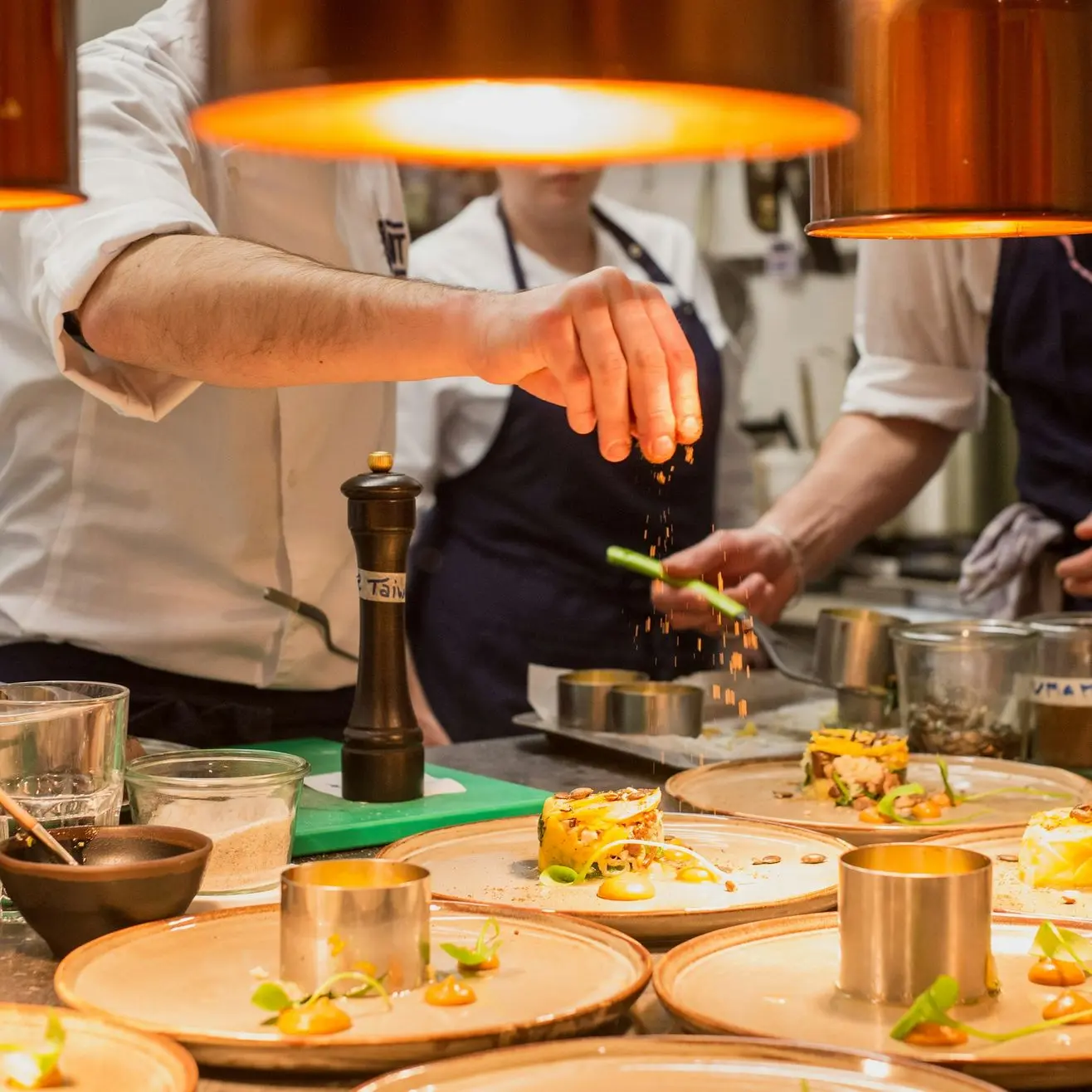Why Language Classes Don’t Work
(Unless You Treat Them Like Cooking Classes)
Imagine signing up for a cooking class. You sit through the lesson, take notes, maybe even ask a few questions. Then you go home… and never cook.

Spoiler alert:
You don’t become a great cook by watching cooking shows.
You don’t become fluent by watching Netflix.
Yet that’s how most people try to learn a language.
The Cooking Class Analogy
Imagine this:
You sign up for a cooking class. You watch the chef. You take notes. Maybe you even ask some questions.
But then you go home and never cook.
Instead, you sign up for another class.
And another.
You collect recipes, follow chefs on Instagram, even buy fancy ingredients…
But you still don’t cook.
Sound familiar?
That’s exactly what happens in most language learning journeys.
The Learning vs. Doing Gap
Language isn’t information. It’s a skill.
Like cooking, painting, or dancing.
And skills are only developed through doing.
Many learners absorb tons of input:
– They watch YouTube videos
– Read grammar explanations
– Scroll past reels of native speakers
But they don’t actually use the language.
They don’t speak.
They don’t write.
They don’t “cook.
Why Don’t People Practice?
Even highly motivated learners often avoid the one thing that matters most: implementation.
Here’s why:
- 🫣 Fear of making mistakes
- ❓ Uncertainty about what to do
- 📚 Overconsumption of content
- 😴 No system, no accountability
We’ve been trained to believe that understanding the rules is enough.
But it isn’t. Understanding is just step one.
The Missing Ingredient: Daily Practice
Language is a living thing.
You don’t memorize your way to fluency.
You practice your way there — messy, imperfect, and honest.
Small, consistent actions are the secret sauce:
– Talking to yourself in the target language
– Writing a few lines every day
– Rephrasing Instagram captions
– Sending a voice note to a coach or partner
From Student to Speaker
The biggest shift my clients make is this:
They stop acting like language students.
They start thinking like language users.
Fluency isn’t a classroom outcome. It’s a habitual byproduct of action.
The more you use the language — even if imperfectly — the more fluent you become.
If you’ve been learning a language for years, but still can’t use it confidently, ask yourself:
Have I really been practicing? Or just preparing?
My Method: Language Coaching on WhatsApp
I help you move from passive to active with:
✅ Short, daily tasks
✅ Feedback that matters
✅ Flexibility to fit your life
✅ Zero overwhelm, maximum practice
You don’t need another course.
You need to build the habit of speaking, writing, and thinking in the language — in real life.
That’s what I help you do. Every day.